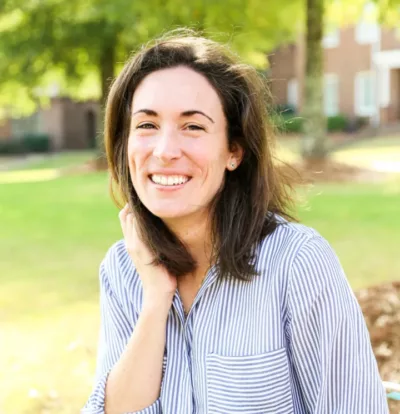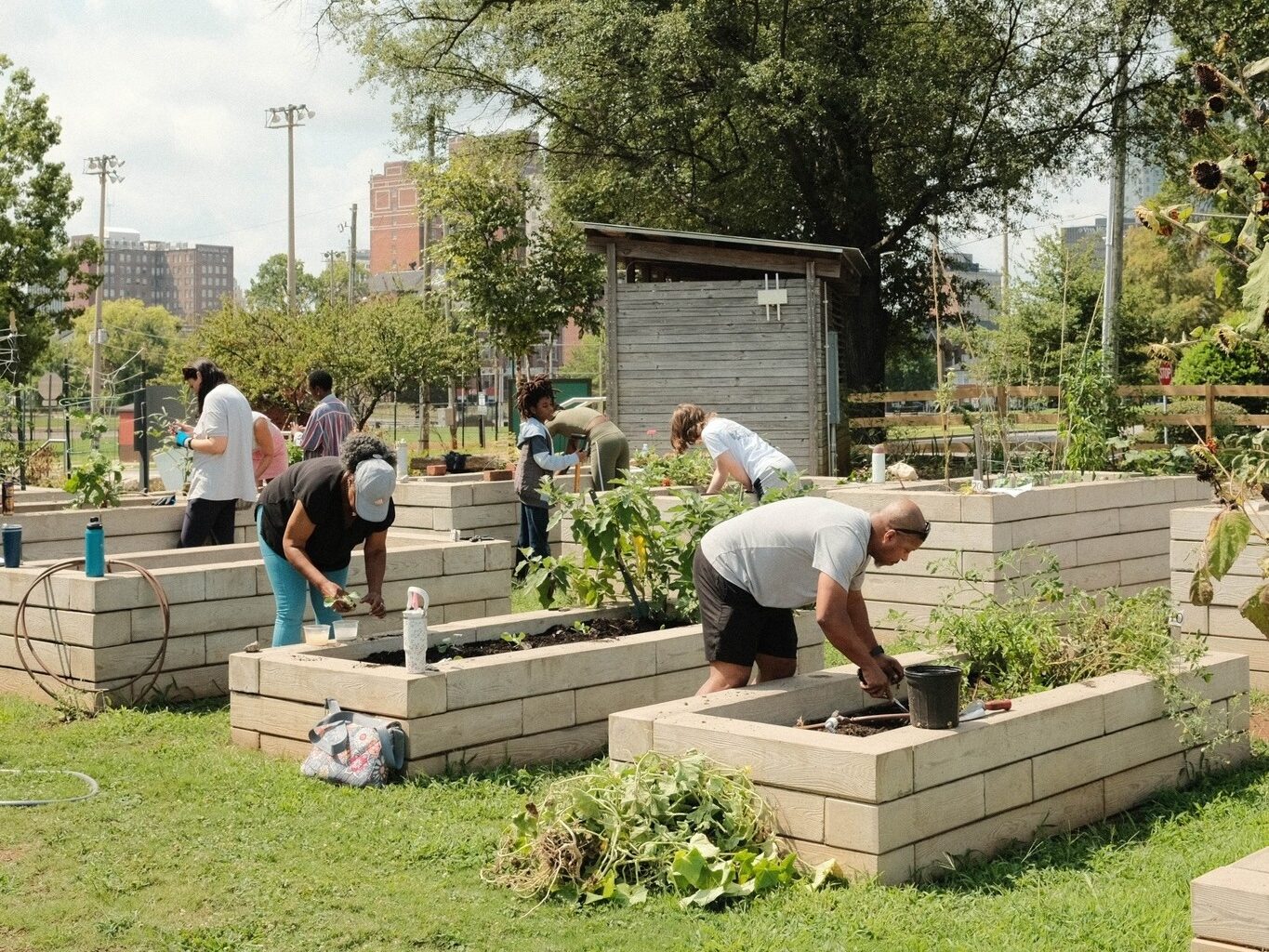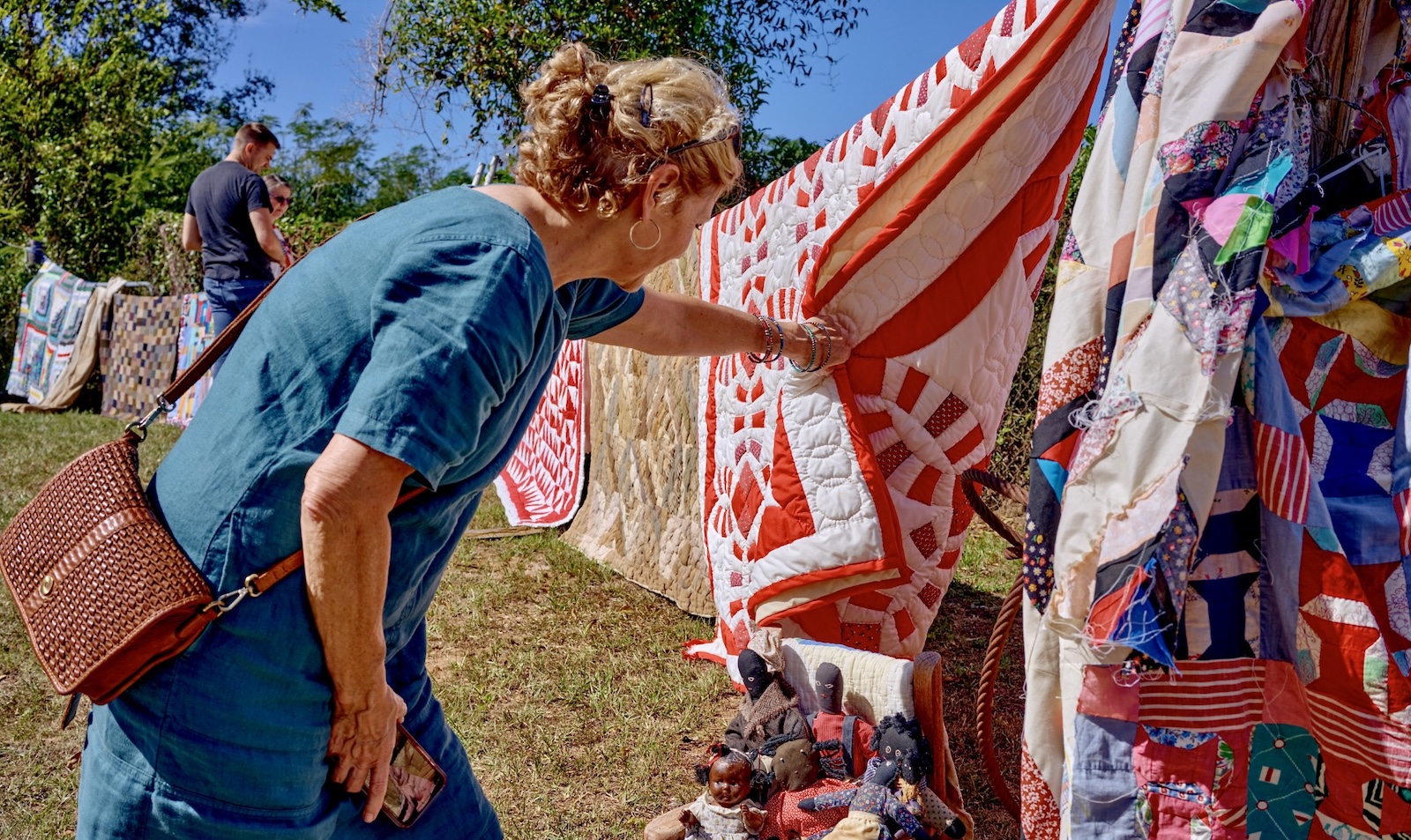
(Amber Wagner/Contributed)
Amber Wagner, Ph.D., is a scientist-turned-professor advancing computer science education and research at Birmingham-Southern College. But her passion for education reaches beyond the college level. She dreams of creating a computer science curriculum for children of all ages so that more kids have the tools and resources to explore the world of STEAM. (Science, Technology, Engineering, Art, Mathematics) As a woman in STEAM, she is moving the needle and inspiring her students to pursue what they love, especially if it’s a good challenge. To date, her greatest accomplishment is being a mom and a professor. “Publications and funding awards are great,” Wagner said, “but seeing the positive effects of my parenting and teaching is the most rewarding.”
Did you have a role model that influenced your decision to work in science?
My mom was a critical care nurse and taught me about what she did. It was interesting that her job was so different from day to day, and she consistently had to learn new information. I loved listening to, and eventually witnessing when I volunteered with her at the hospital, the impact her work had on the people she helped.
What were the biggest obstacles you had to overcome? Did you ever think that it would be easier/harder if you were male?
The coursework was not always easy. I chose to study computer science, which my family did not know much about. I didn’t think it would be easier if I were male, but I did feel that I would be more respected by my peers if I were male. The people who knew me respected my abilities, but I often had classmates who assumed I didn’t know as much as them, which was aggravating, but it was satisfying to set the curve on exams!
If you were completely free to choose a scientific topic to work on, which would it be?
In academia, I’m fortunate to have a great deal of academic freedom. I enjoy working in the context of accessible computing. Technology has the potential to drastically change people’s lives, and it already has for many, such as screen readers for people with visual impairments and communication devices for people who are non-verbal. There are now prosthetic devices that can move based on sensors in the brain, and there can be so much more. I think it’s an amazing field that has interesting scientific questions that if answered, can have a huge impact on the world.
Which topic are you working on now? Why did you choose this topic, and how do you think you’ll make a difference?
Currently, I am mentoring several undergraduate research projects primarily in the context of accessible computing. As I said before, I think this area has the potential to change lives. One project, which is in the user testing phase, is aimed at helping young kids learn how to control a power wheelchair. I learned that insurance companies will only pay for a power wheelchair if the child can prove that the child knows how to control the chair. This is tough to do when chairs loaned to various programs are only temporary. I think the tool my student built will help make the learning process faster.
What is your favorite part about being a professor at BSC?
The students and my colleagues! I love working at an institution where every faculty and staff member genuinely care about the students, and I love that my students want to be at BSC. They work hard, they are polite, and they want a connection with their faculty members. It makes all the time I put into my teaching feel worthwhile.
How have your time teaching and your students shaped you?
Teaching is why I am a professor. I have loved teaching since I taught ballet, tap, and jazz classes as a teenager. It’s an honor to have the opportunity to work with students, and they consistently teach me new things from the ideas they have for research projects to the simple questions they have in class. Teaching requires me to learn new material as computer science is always growing and changing, and my students require me to learn new teaching methods so they can have the best class experience.




